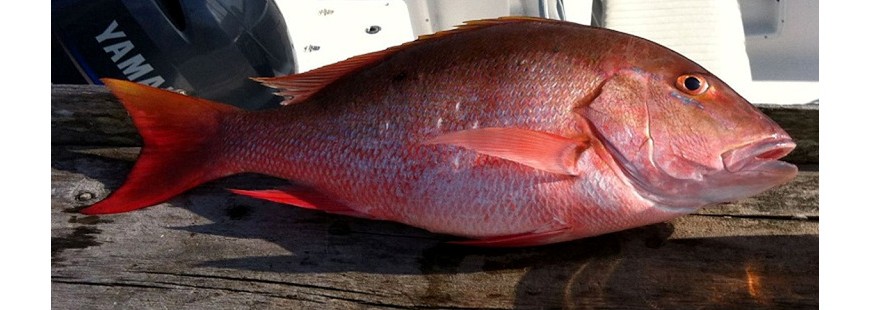The only thing more fun than catching fish is sitting back at the dock with a beer in hand telling stories about the day’s catch. Fishermen are natural storytellers who love talking about fishing, spinning tales of the one that got away or the fish that gets bigger every time the story is told. Fishing is something that most people who live around water have in common. It’s passed down from generation to generation and can be the thread that brings a family together or the bond that creates life-long friends.
One doesn’t have to sit at the marina, here in Louisiana, very long to see a state biologist approaching a group of fishermen asking about the day’s events. So, why then when scientists ask the same questions your buddies would do we tend to get defensive and clam up? Is it an inherent fear of government or is it a common misconception about how fisheries science works? I think the answer is a little of both. In the today’s technology age where “big brother” is always watching, people tend to err on the side of caution when it comes to relinquishing information to a person in uniform. I also think there are many of us who believe if we have been catching a lot of fish we are reluctant to tell the truth to biologists in fear of having regulations tightened or days on the water shortened. Today, there is no more evident example of this in the Gulf of Mexico than with the red snapper fishery.
With phrases like “bad science” and “you can’t trust the feds to manage red snapper,” it’s no wonder why people get a case of lock jaw when questioned about their snapper catch. Here is the real irony with the situation as it currently stands: the more reluctant anglers are to be forthcoming with accurate harvest data, the more tightened regulations could become. During a conversation I recently had with a Louisiana Department of Wildlife and Fisheries biologist, I was able to understand why accurate data leads to the best possible outcome for the fishery and the fishermen.
The basic premise is this, inaccurate data from anglers could lead biologists to be more conservative with their fish estimates which could lead to less days on the water or less of a bag limit. Fishermen have told me that if they underestimate the number of fish they caught on any given trip they believe biologists won’t close the season early and will allow folks to fish longer. While this may be true for that particular season, the truth is that biologists could see those low harvest numbers as an indicator that the fishery isn’t as healthy as they thought and start to tighten regulations in future seasons. So, contrary to popular belief, if fishermen are harvesting more fish, biologists see that as an indicator the population is robust, and regulations could be loosened or remain the same. If fishermen underestimate their catch it could lead biologists to tighten or restrict harvest in future seasons.
Data collection relies on the fishermen being accurate with that data, otherwise we will find ourselves back where we started. Bad information can lead to bad statistics, which could lead us right back to “bad science.” Next time you’re on the water, remember, you have an opportunity and a responsibility to our fishery to help science help you.


